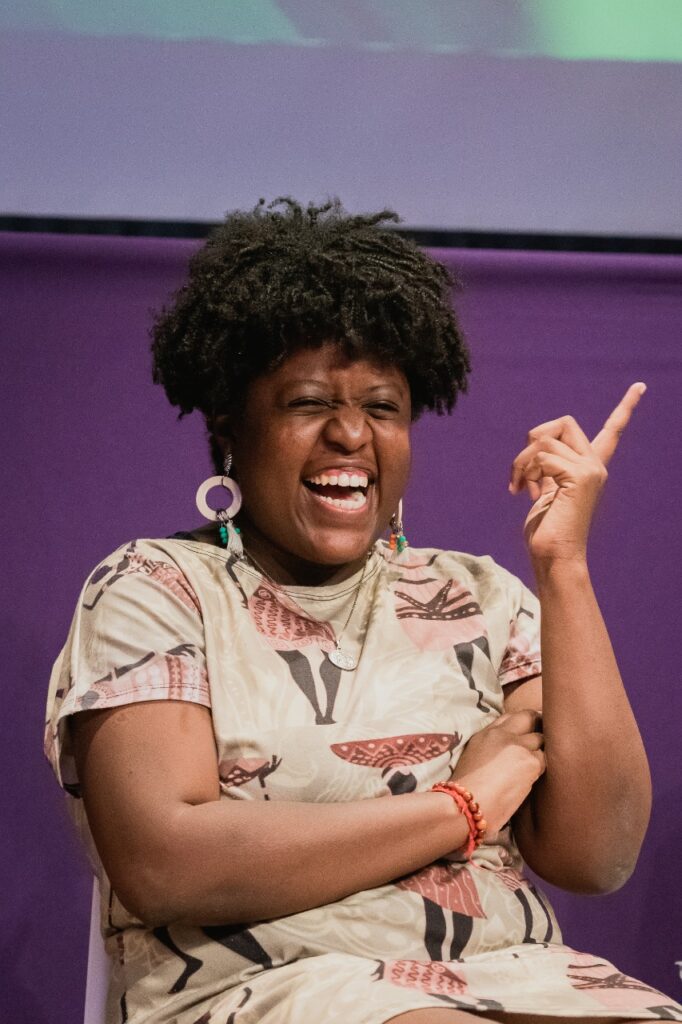As an enthusiastic researcher at the intersection of ethics and artificial intelligence, I am currently advancing my expertise through a Master’s degree in Ethics in Computer Vision at Universidade Estadual de Campinas (Unicamp), renowned as the second top university in Latin America. My research under the mentorship of Professor Sandra Avila focuses on exploring and mitigating biases in facial recognition technologies. My recent academic accomplishments include publishing a book in Portuguese that demystifies algorithms for a broad audience and co-authoring a chapter titled “Mitigating Bias in Machine Learning” with esteemed colleagues from institutions like Berkeley, Stanford, and Georgia Tech — the chapter critically examines the roots of injustice in machine learning and proposes methodologies for bias mitigation.
I champion a transdisciplinary approach in my work, integrating fairness, ethics, machine learning, and activism to reshape the development of AI tools. I am committed to rethinking traditional methods to mitigate the pervasive negative impacts emanating from major tech conglomerates in Silicon Valley, aiming for a more equitable technological future. In addition to my academic pursuits, I am an active member of TikTok’s Security Council in Brazil and a founder of the Instituto da Hora, which promotes digital rights alongside Brazil’s black and indigenous communities. I also serve as a volunteer advisor to the Brazilian Presidency on technology, artificial intelligence, and science issues. My role as a Global Fellow of the Ford Foundation emphasizes my commitment to bridging the gap between universities and civil society to combat racial biases in AI.
Beyond my research and advocacy, I collaborate with cultural institutions like the Museu da Língua Portuguesa and the São Paulo Biennial, exploring the intersections of art, AI, and racism. My international engagements include contributing to Chatham House’s global council on responsible AI. Looking ahead, I am excited about the potential for future outcomes and collaborations that continue to challenge and expand the boundaries of technology and society.

